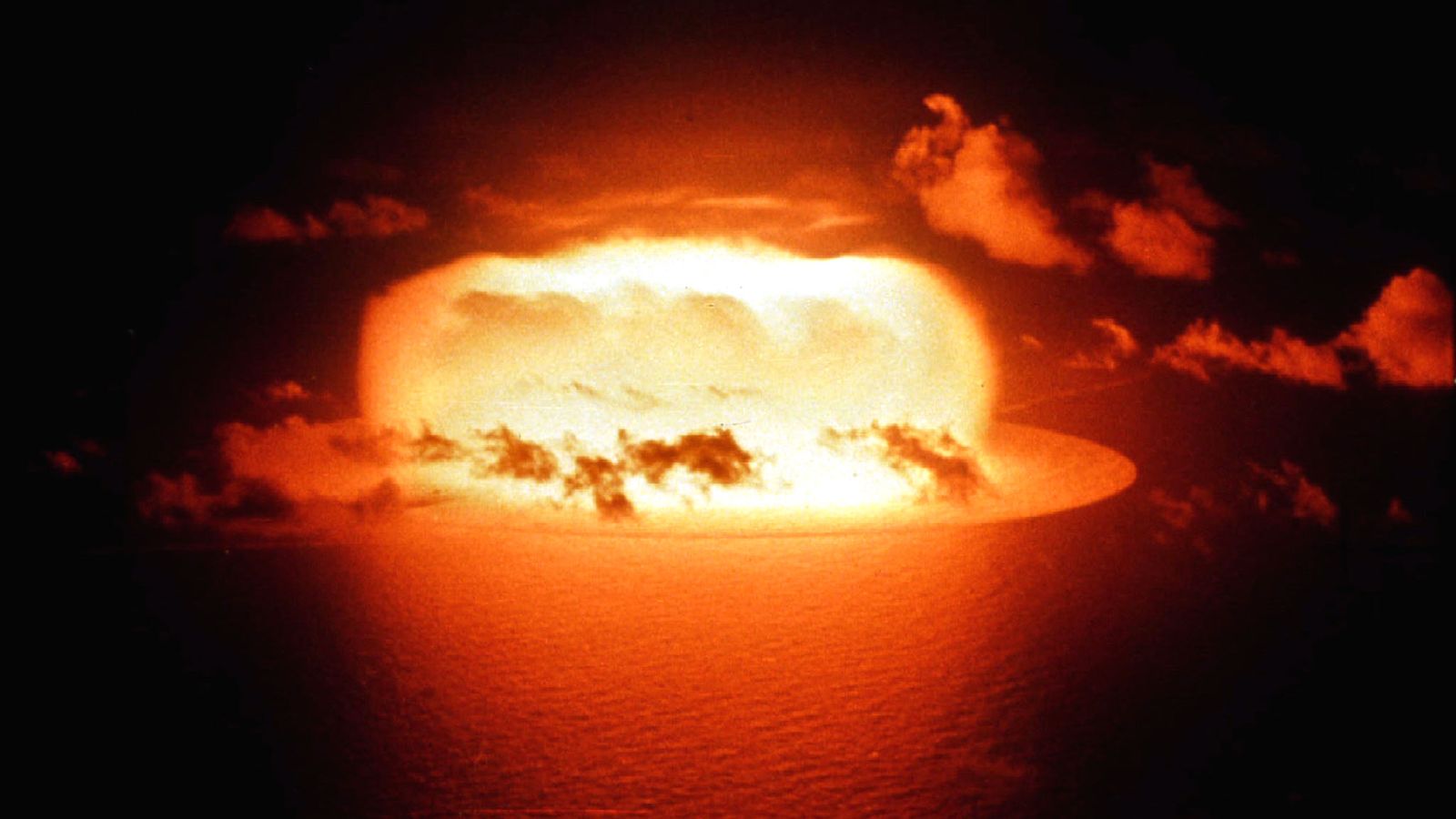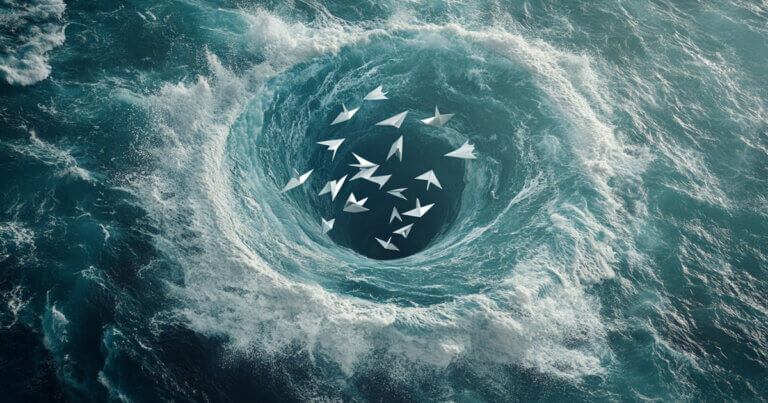More than five billion people would die of hunger as a result of a full-scale nuclear war between the US and Russia, according to a new study.
The results of such a conflict would be catastrophic for food production, climate scientists at Rutgers University have found in a peer-reviewed study published in the context of the war in Ukraine.
“The data tell us one thing: We must prevent a nuclear war from ever happening,” said one of the authors, Professor Alan Roebuck.
The warning comes as “humanity is just one misunderstanding, one miscalculation away from nuclear annihilation“, according to UN secretary-general Antonio Guterres.
Ukraine’s defence intelligence agency has warned of fresh Russian “provocations” at the occupied Zaporizhzhia nuclear plant in southern Ukraine, while a mayor said the city where the power station is based had come under fresh shelling.
Rafael Grossi, director-general of the International Atomic Energy Agency (IAEA), has described recent shelling at Europe’s biggest nuclear plant as “out of control” and “extremely serious”.
‘No basis’ for Zelenskyy-Putin peace talks – follow Ukraine updates live
Elon Musk writes column for Chinese Communist Party online censor agency’s magazine
Internet providers urged to offer ‘social tariffs’ to cut bills for lower-income households
Transplant hope for minorities as scientists successfully alter donor kidney blood type
The new study, published in the journal Nature Food, has calculated how much sun-blocking soot would enter the atmosphere as a result of firestorms created by the detonation of nuclear weapons.
They considered six scenarios involving nuclear arsenals of different sizes, five based on smaller conflicts between India and Pakistan, and one based on a war between the US and Russia.
Even the smallest scenario caused famine, with the global average caloric production decreasing by 7% within five years of the conflict.
In the largest scenario, a full-scale nuclear conflict, the global average caloric production decreased by about 90% between three and four years after fighting.
The enormous decline in crop yields would cause billions of people to starve to death, 75% of the world’s population, within two years.
According to the researchers, the disruption of global food markets from even the smallest scenario – the drop of 7% – would be larger than the greatest anomaly ever recorded.
Although the study focused just on how many calories were being produced globally, humans also need proteins and micronutrients to survive, and these are also likely to be significantly affected.
The nuclear war would have an even greater impact on climate change, according to Lili Zia, an assistant research professor at Rutgers.
“The ozone layer would be destroyed by the heating of the stratosphere, producing more ultraviolet radiation at the surface, and we need to understand that impact on food supplies,” she said.
Read more: What are the risks of a nuclear accident at the Zaporizhzhia nuclear power plant?
The study uses “state-of-the-art climate, crop, and fishery models” to “calculate how the availability of food could change in the world under various nuclear war scenarios”.
It measures how food availability could be impacted by export restrictions as well as the actual reduced yields of crops, and even accounts for countries reprocessing livestock feed so that it could be used to feed humans.
It warns: “Even for a regional nuclear war, large parts of the world may suffer famine.”
Curiously, in the scenario analysed by the researchers, one country’s caloric production would either increase or face only small reductions in the case of a full-scale nuclear war: Australia.
The study does not account for other aspects of global food supply which would be impacted by nuclear war including the availability of fuel and fertiliser.
Such a war would also likely impact the infrastructure for food production, could increase ultra-violet radiation which may impact food production, and also lead to radioactive contamination.
Please use Chrome browser for a more accessible video player
UK ‘should prepare for nuclear war’
Hamish de Bretton-Gordon, the former head of the British Army’s chemical, biological, radioactive and nuclear regiment, told Sky News the report was timely.
However he cautioned that the report was “describing the worst possible outcome, basically armageddon, when all nuclear weapons are loosed off – in my mind highly unlikely”.
“The number one danger, which we are seeing in Ukraine at the moment is an accident at Zaporizhzhia or a rogue Russian commander using a tactical nuclear weapon,” he added, noting a comment piece he published in the Daily Telegraph calling for Britain to be more prepared for nuclear war.
“The first scenario could of course spread a good deal of radioactive contamination across Russia and Europe but would not cause the extremes in climate and crop failure detailed in this report.”
He told Sky News he expected Western intelligence agencies to quickly pick up on the movement of tactical nuclear weapons as they need to be transported on launchers on large trucks.
“NATO would call them out and Russia knows that long-range NATO missiles could take out these launchers long before they have time to fire their missiles,” he added.
“Since the end of the Cold War one has felt a certain amount of nuclear complacency and this report and the weaponisation of nuclear power stations in Ukraine is a stark reminder that nuclear weapons and accidents could change our way of life.”








